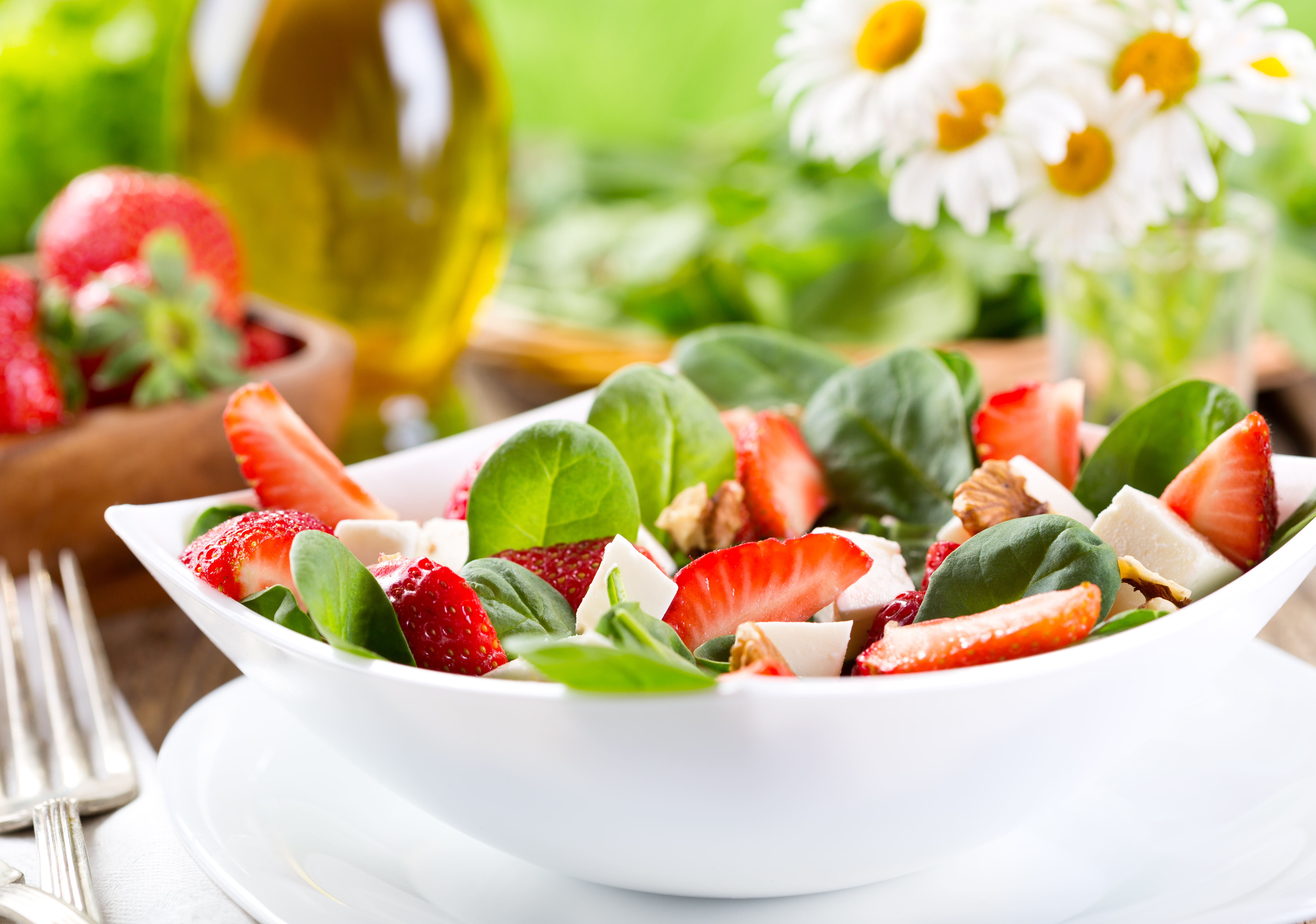If you're an average adult, your brain accounts for about 2% of your total body weight; however, it's responsible for about 20% of your body's energy use. This high metabolic rate requires high-quality nutrition that supports your brain's short- and long-term functioning, which is especially important as you age.
While no one food can keep your brain sharp and prevent cognitive decline, certain foods are especially high in nutrients known to support brain health. These brain-boosting foods typically contain one or more of the following:
- Antioxidants
- B vitamins
- Healthful fats
- Omega fatty acids
Building your diet around brain-healthy foods may help:
- Improve your memory and concentration
- Reduce the risk of stroke and age-related neurodegenerative diseases, such as dementia, Alzheimer's and Parkinson's disease
- Improve the structure of brain cells called neurons
- Help protect your brain from damage
- Boost your alertness and mood
The following list includes five of the best foods to incorporate into your diet to feed your brain for optimal health.
The Bright Minds program is a collection of Brightview Senior Living community offerings that are designed to improve the overall brain health and cognitive function of our residents. With Bright Minds, we focus on creating and maintaining healthy lifestyle habits – from increased exercise, social interaction, and healthy eating to managing chronic health conditions to keep you active, and your brain healthy.
1. Berries
Strawberries, blueberries and blackberries are loaded with antioxidant compounds that have positive effects on the brain. Antioxidants reduce inflammation and oxidative stress, which are known contributors to age-related cognitive decline and neurodegenerative disorders.
Other positive effects your brain enjoys from the antioxidant compounds found in berries include:
- Improved communication between brain cells
- Increased plasticity, which helps brain cells form new connections, enhancing learning and memory
Harvard Health Publishing reports that flavonoids, the natural plant pigments that give berries their vibrant hues, play a significant role in improving memory. In a 2012 study, researchers at Harvard's Brigham and Women's Hospital found that older women who ate two or more servings of blueberries and strawberries weekly delayed memory decline by more than two years.
2. Green, leafy vegetables
If you knew that just one half-cup serving a day of cooked leafy greens could substantially slow age-related cognitive decline, would you eat your veggies? A report published in 2017 found that older participants who consumed a 1/2 cup of cooked spinach, kale or collard greens or 1 cup of raw lettuce daily experienced a much slower rate of cognitive decline.
The National Institute on Aging reports that when analyzing daily consumption, the rate of cognitive decline among those who consumed the most green, leafy vegetables (median 1.3 servings a day) compared to those who consumed the least (median 0.09 servings a day) was cognitively equivalent to being 11 years younger.
3. Avocados
This uniquely fatty fruit is high in the good monounsaturated fat that promotes brain health. Monounsaturated fat aids in healthy blood flow, which supports your brain, and avocados lower blood pressure. High blood pressure is linked with cognitive decline, according to the National Institute on Aging.
Need permission to eat a whole avocado every day? A Tufts University study tracked adults aged 50 and over who ate one fresh, medium-sized avocado daily for six months. Participants experienced a 25% increase in lutein levels in their eyes and significantly improved working memory and problem-solving skills.
Lutein is a pigment (or carotenoid) found in certain fruits and vegetables that builds up in the blood, eye and brain and may function as an antioxidant and anti-inflammatory agent.
4. Walnuts
While most nuts are high in protein and healthy fats, walnuts are especially brain-friendly. They're a good source of alpha-linolenic acid (ALA), an omega-3 fatty acid that helps lower blood pressure and protects arteries, supporting the heart and brain.
Harvard Health Publishing cites a 2015 study from UCLA that linked higher walnut consumption to improved cognitive rel="noopener noreferrer" test scores, and Texas Nurse Practitioners highlights several findings concerning the important role walnuts can play in healthy aging and cognitive functioning.
5. Fatty fish
Oily fish, such as salmon, trout, sardines and albacore tuna, are excellent rel="noopener noreferrer" sources of two of the most important omega-3s: EPA and DHA. These healthy unsaturated fats have been rel="noopener noreferrer" linked to lower levels of beta-amyloid in the blood, rel="noopener noreferrer" the protein that forms damaging plaques in the brains of people with Alzheimer's disease.
In a 2017 study, researchers found a connection between omega-3 fatty acid levels and better cognition. They also discovered that people with high levels of omega-3s had increased blood flow in the brain and improved structure of brain neurons.
If you don't enjoy fish, ask your doctor about an omega-3 supplement. You can also incorporate other omega-3 sources into your diet, such as soybeans, flaxseeds, walnuts and avocados.
At Brightview Senior Living, we believe there's more to health and wellness than simply the absence of illness or disease. Our chefs bring a focus on senior nutrition and healthy food offerings to each meal to support the vibrant, active lifestyles our residents enjoy. These include the brain-boosting foods mentioned in this post.

